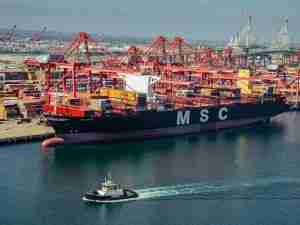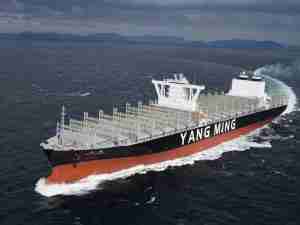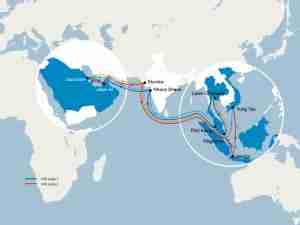Brokers said floods in Australia continued to disrupt coal shipments, compounding pressure from growing ship availability.
"The capesize market remains in the doldrums as activity across most major routes appear to be fading still," said Arctic Securities analyst Erik Nikolai Stavseth.
Capesizes, which typically haul 150,000 ton cargoes such as iron ore and coal, have remained weak in recent weeks as rising fleet growth has been compounded by vessels losing business due to cancellation of coal shipments in Australia.
"With the Australian flooding not expected to abate in the near term, we believe dry bulk shipping spot charter rates are likely to remain under pressure in the near term, likely also pressuring 1Q11 estimates," Jefferies & Company said.
"Oversupply is also exaggerating the negative sentiment in the capesize sector, in our opinion, as the world's capesize fleet grew by 202 vessels in 2010, or 22 percent in terms of deadweight tonnage," Cantor Fitzgerald said.
"There is concern that ballasting ships from the Pacific basin, as the floods have affected coal cargoes, could weigh down rates when vessels start arriving in the (Atlantic) area by the end of January," Cantor Fitzgerald said.
The Baltic's main index has remained erratic since 2009 because of swings in Chinese demand for iron ore.
While demand for ore in China is expected to provide some support to freight rates in 2011, the dry bulk sector faces headwinds as prospects for economic recovery in the West, another major source of shipping demand, remain shaky.
Speculation that Portugal may be the next euro zone member forced to seek a bailout knocked the euro to a four-month low against the dollar and added selling pressure on world stocks.
Analysts have said freight rates will be dampened in the coming months by the pace at which new ships are set to enter the market between 2011 and 2012, despite indications of some vessel cancellations and delays. (Reuters)










